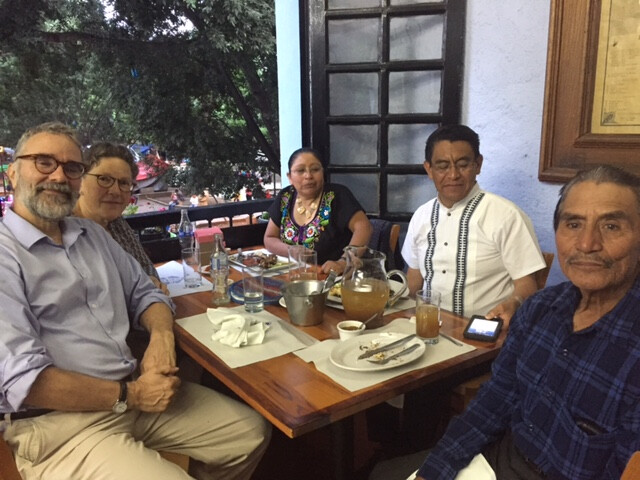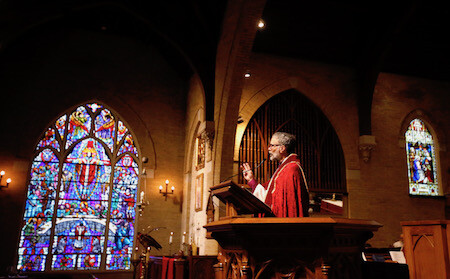El Blog Oaxaceno Primero

Certamente Oaxaca gustan las paradas- de artesenales, estudiantes, de Los barrios con sus bandas y flotadores de la Virgen o su santo, de los monos comicos, de los trabajadores protestantes. La experiencia de la fiesta se relaciona con paradar, caminar, desfilar.
En Nuestra traducion de liturgia tenemos procesiones y quedados de procesiones antiguos. Piensen del dia de rogacion o el Domingo de las Palmas, pero el initio y el fin de cado servicio es como un procesionito.
Que significa la procesion generalmente? Es un simbolo pequeno y practicar de la vida hasta su fin- muerte y el misterio . Por in cristiano significa se el cambino hasta el reino de Cristo. Cado dia comparte con historia grande de salvacion en la forma de la procesion. El enfasis de la teologia Nueva de el Sinodo Vaticano dos era la Iglesia como la gente de Israel Nuevo caminando - este es un pensamiento similar con el procesion. En la traducion un nombre por la Santa communion, 'viatico', una palabra en Espanol tambien, significa 'un pocito comida por el viaje'.
Ojala recuentemos la spiritualidad de la procesion juntos con su uso liturgico y su vision de la Iglesia moviendo, y listo para viajar sin muchas equipajes.
Salud
grs




